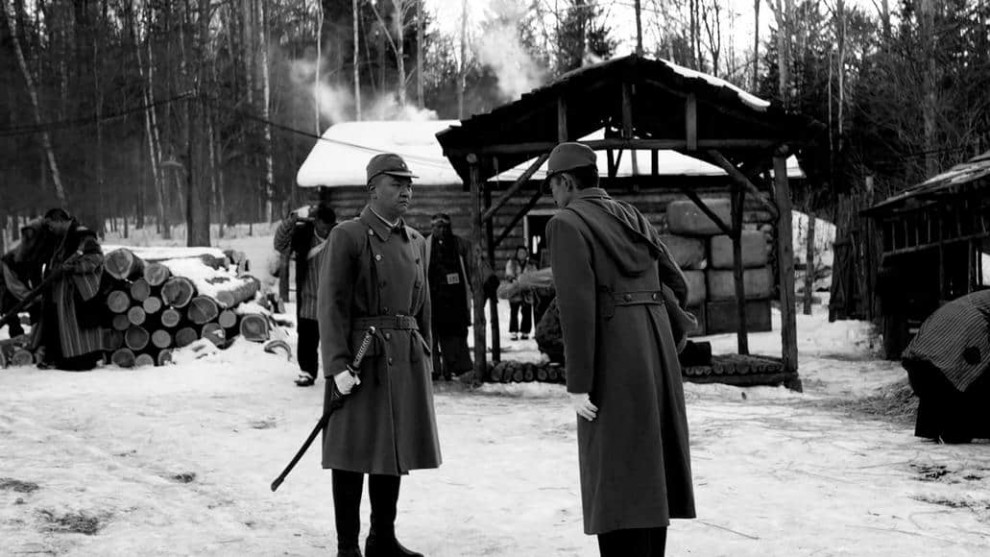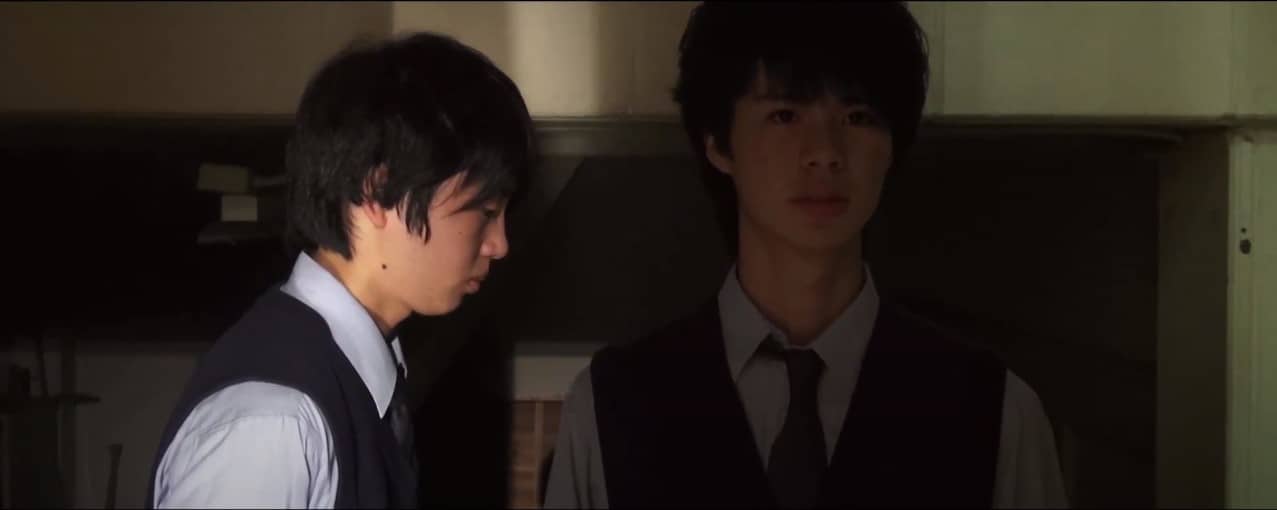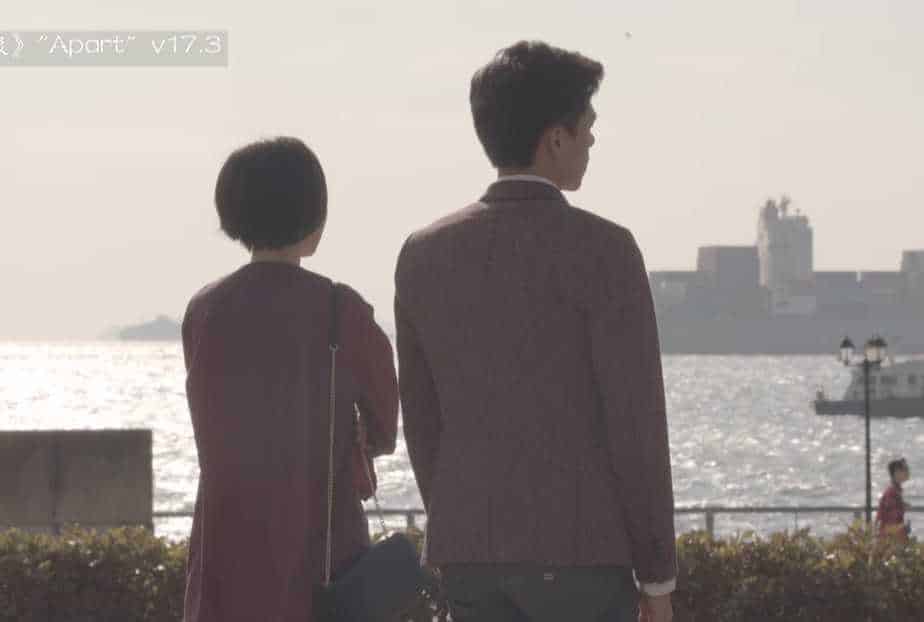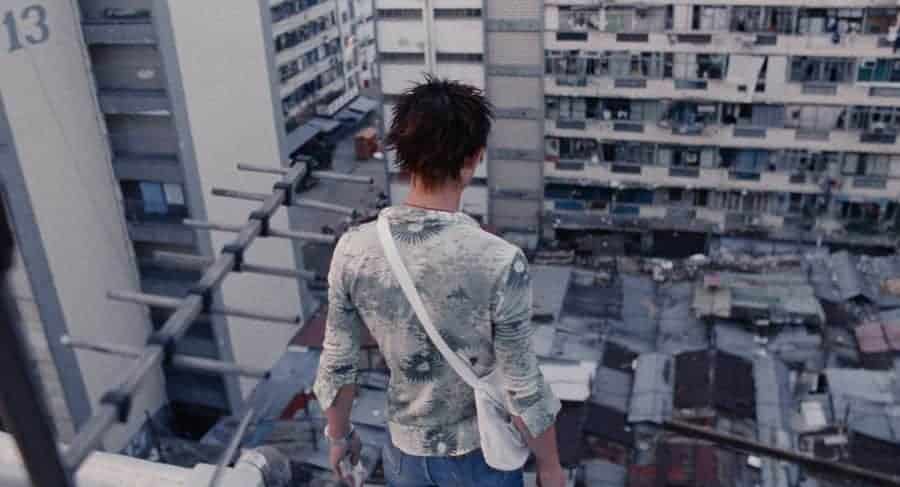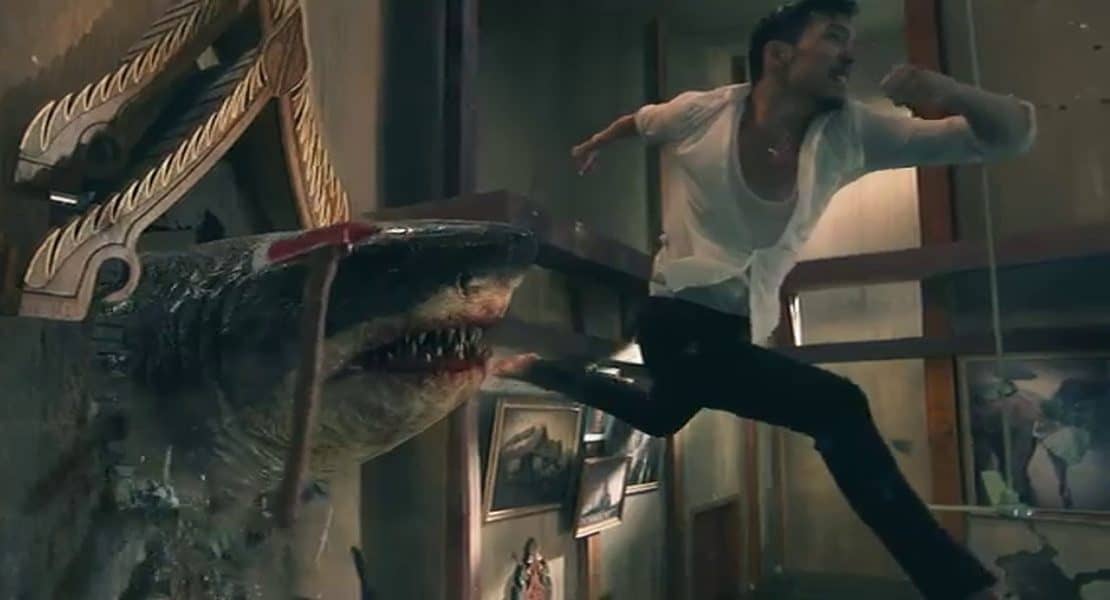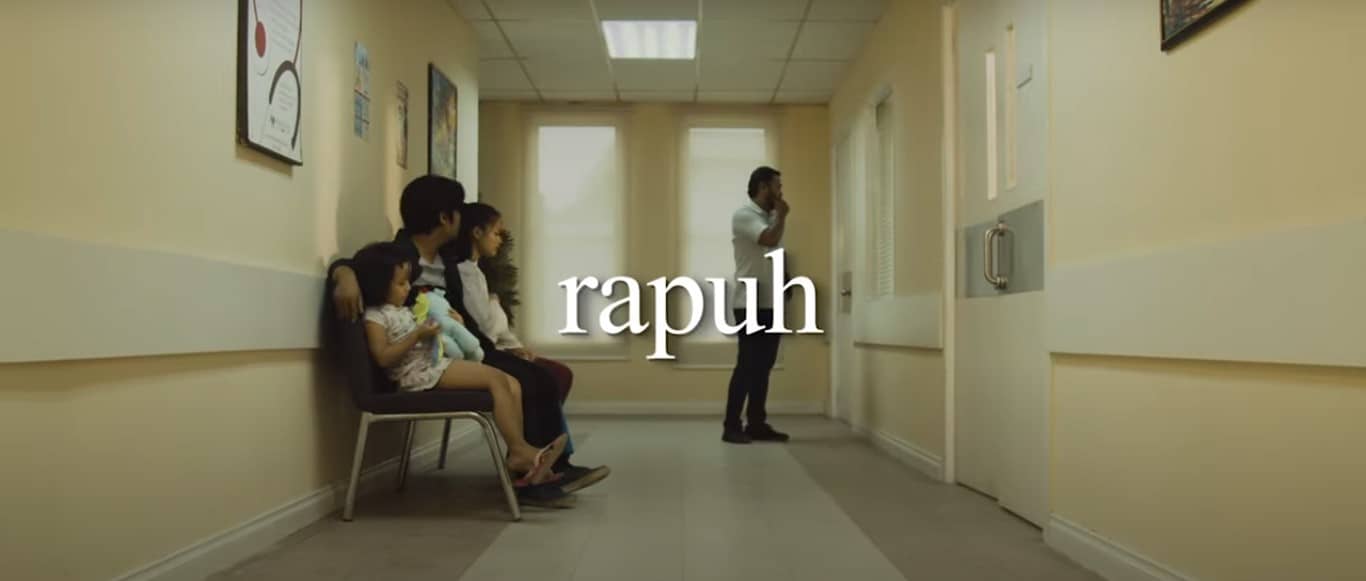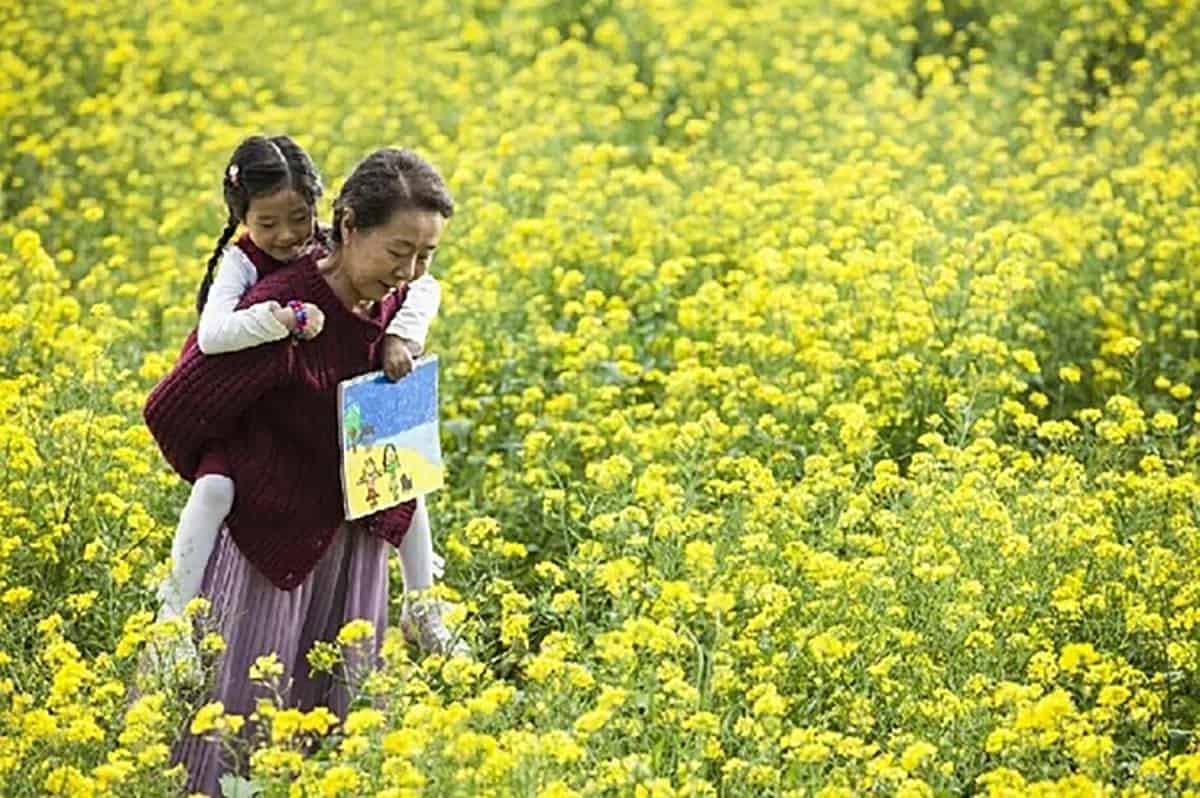“We are doomed.”
Even though we have read and seen many stories about the Second World War, there is still a vast amount of tales to be told. However, some of these have rather been ignored or did not play a significant role for historians, scholars and storytellers; for example, the Japanese occupation of Manchuria. In his review of a book about that time written by historian Rana Mitter, journalist Richard Overy states how many Westerners see China as it is today while failing to understand the road it took to become this superpower it is. During the time of Japanese rule, Chinese forces were on the brink of defeat and somehow managed to become “one of the victorious allies in 1945”.
In his new film, “Winter After Winter”, Chinese director Xing Jian focuses on that period of time in Manchuria. However, at the center of the film, we have the story of one family, many characters whose actions, though influenced by the times, have catastrophic consequences. Much like in his first film “Seven Days” (2015) the trained painter and calligrapher takes a closer look at the individual and its environment, this precarious equilibrium and how it can easily be destroyed.
“Winter After Winter” is screening at the
International Film Festival Rotterdam 2019

It is 1944 and Lao Si (Gao Qiang) wants to have a successor in his family. However, his eldest son is impotent and his second son flees into the woods as he hears the news about being forcibly married to sister-in-law Kun (Yan Bingyan). Before his youngest son San (Liu Di) can even think of having sex with Kun, he and his remaining brother are kidnapped by Japanese forces.
Seven months later, San finally returns to his family home, hiding in the cellar of the house. Only Kun knows about him being there and supplies him with food and drink. As Kun becomes pregnant, Lao Si believes the gods have finally taken pity on him. However, when San turns into a guerrilla fighter, the fate of the family is once more in jeopardy.

In general, the experience of watching “Winter After Winter” will likely require a patient viewer. The long, static takes, sometimes containing little action, especially in the beginning, qualify Xing Jian's film as a representation of “slow cinema”. Viewers familiar with the works of directors such as Béla Tarr (“Damnation”, “The Turin Horse”) will find many similarities in the thematic and formal approach the director has chosen for his subject matter. Considering Xing Jian's background, the mise-en-scène is strongly reminiscent of realist art in the way it highlights the authenticity of the struggle portrayed in the frame while also showing the characters as integral parts in that environment, and vice versa.
Ultimately, this approach creates a certain level of distance to the action and the characters. This is much needed for the characters themselves, who, with the exception of Kun perhaps, are quite problematic in many ways. Acts of violence, neglect and cruelty cannot be explained by the grim historical and political circumstances for these acts and their repercussions are based on (often tragic) individual choices. His pressing material needs, along with a distinct amount of pride and tradition, may shed some light into the choices of characters like Lao Si, along with the fear of having his sons taken away from him. However, it is due to these actions people are driven away, making him one of many truly tragic characters.

By the time the action takes place, thirteen years have gone by under Japanese rule. Guo Daming's bleak black-and-white cinematography emphasizes these years of austerity, a notion further underlined by the sheer omnipresence of snow and cold. In many ways, these images mirror the way these years have shaped the character of people like Kun or San and his father. While the Japanese officers have done their best to re-create the “civilized” nature and look of their home country, it is nothing but make-believe in the end, for the true cost of one's action is inevitable.
In conclusion, “Winter After Winter” is a movie embedded within a historical era in Chinese history, but one which offers a tale about misery, family and desperation that hopefully finds a patient enough audience. Due to its music, cast and cinematography, the movie often presents itself like a play which corresponds to the way it is filmed, but also supports the necessary distance the viewer needs to take it all in, the actions, the people and the environment. Because the message “Winter After Winter” has to offer is quite universal and not bound to a certain time as the title already suggests.
Sources:
Overy, Richard (2013) China's War with Japan, 1937-1945: The Struggle for Survival by Rana Mitter – review
www.theguardian.com/books/2013/jun/06/china-war-japan-rana-mitter-review, last accessed on. 01/24/2019


